Members
Who we are
QUIP brings together internationally renowned research groups in the field of quantum technologies in Rhineland-Palatinate. From quantum computing and quantum sensors to quantum communication, quantum simulation and enabling technologies, all the central pillars of quantum technologies are represented.
QUIP combines hardware/experiment and software/theory and spans the spectrum from basic research to commercial applications.

Prof. Dr. Herwig Ott
Experimental Physics
RPTU Kaiserslautern-Landau
email: herwig.ott@rptu.detel: +49(0)631/2052817
web: https://physik.rptu.de/ags/ott
„We are building quantum computers and quantum simulators based on arrays of neutral atoms. Joining forces from physics, mathematics, computer science and electrical engineering, we want to show that quantum technology brings real benefits for solving real problems.“
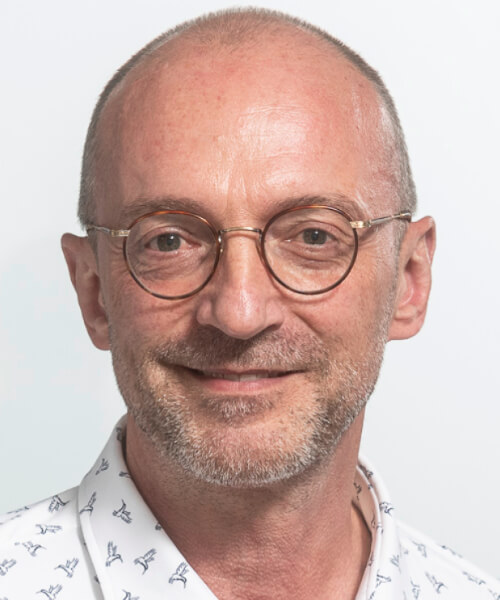
Prof. Dr. Prof. h.c. Andreas Dengel
Artificial Intelligence, Computer Science
RPTU Kaiserslautern-Landau
Executive Director
Deutsches Forschungszentrum für Künstliche Intelligenz (DFKI)
email: andreas.dengel@dfki.detel: +49-631-20575-1010
web: https://www.dfki.uni-kl.de/~dengel/indexEng.php
„Our research focuses on the use of quantum computing and quantum machine learning for solving selected hard problems of AI in the domain of Earth Observation. It involves theoretical and experimental investigations to address both feasibility and potential benefits of the developed hybrid quantum-classical or end-to-end quantum methods compared to selected state-of-the-art classical counterparts.”
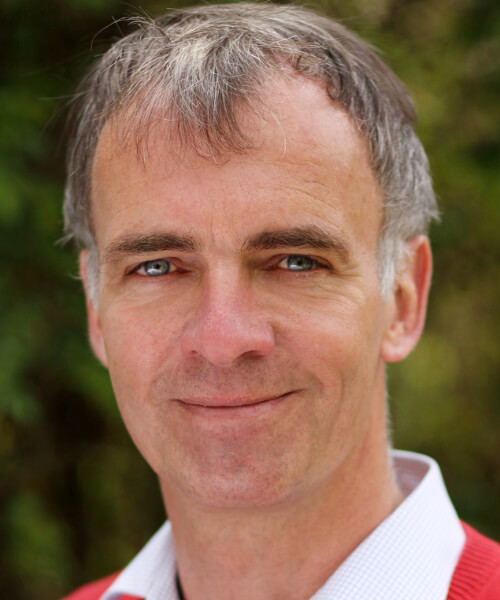
Prof. Dr. Michael Fleischhauer
Theoretical Physics
RPTU Kaiserslautern-Landau
email: mfleisch@physik.uni-kl.detel: +49(0)631/2053206
web: https://www.physik.uni-kl.de/agfleischhauer
We develop concepts for quantum-optical implementations of quantum information processing and quantum simulations and develop the theoretical tools necessary for their description.

Prof. Dr. Georg von Freymann
Technical Physics
RPTU Kaiserslautern-Landau
email: georg.freymann@rptu.detel: +49 (0)631 205 5225
web: https://physik.rptu.de/ags/freymann
""We study fundamental aspects of photonic Bose-Einstein-Condensation, research properties of photonic quantum simulation using 3D micro-printed coupled waveguide structures and apply quantum sensing to transfer information from the industrial relevant terahertz spectral region to the easy to detect visible spectral range."
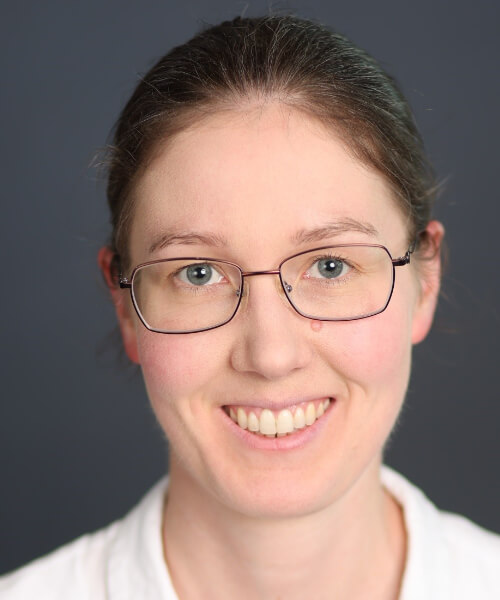
Jun.-Prof. Dr. Christina Jörg
Experimental Physics
RPTU Kaiserslautern-Landau
email: cjoerg@rptu.detel: +49(0)631/205 440
web: https://physik.rptu.de/en/wgs/joerg/
"We develop photonic platforms for quantum simulation. Using 3D micro-printed photonic structures – such as waveguide arrays and photonic crystals – we explore how light propagation can be harnessed to simulate complex quantum systems. By controlling properties like nonlinearity, losses and orbital angular momentum, our research aims to develop versatile and robust photonic quantum simulators for studying fundamental quantum phenomena."
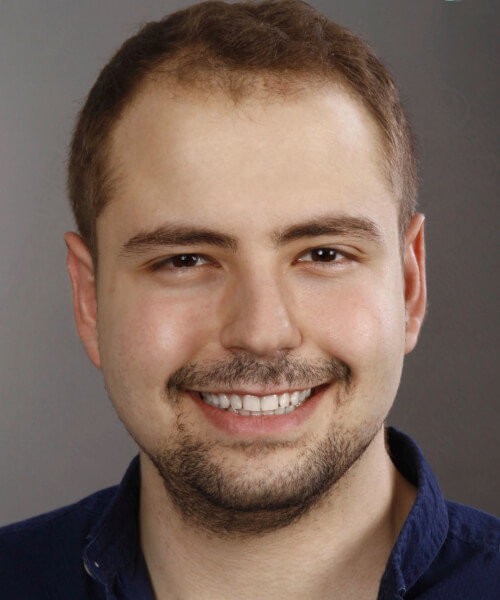
Dr. Maximilian Kiefer-Emmanouilidis
Theoretical Physics and Computer Science RPTU Kaiserslautern-Landau,
DFKI Kaiserslautern
email: maximilian.kiefer@dfki.detel: +49(0)631/20575 5005
web: https://mkiefer.informatik.uni-kl.de
„At the moment, quantum machine learning (QML) is one of the greatest combination of buzzwords you can synthesize. By joining forces from physics, mathematics, computer science and electrical engineering, we hope to change this reality and find real benefits for solving real problems with QML.“
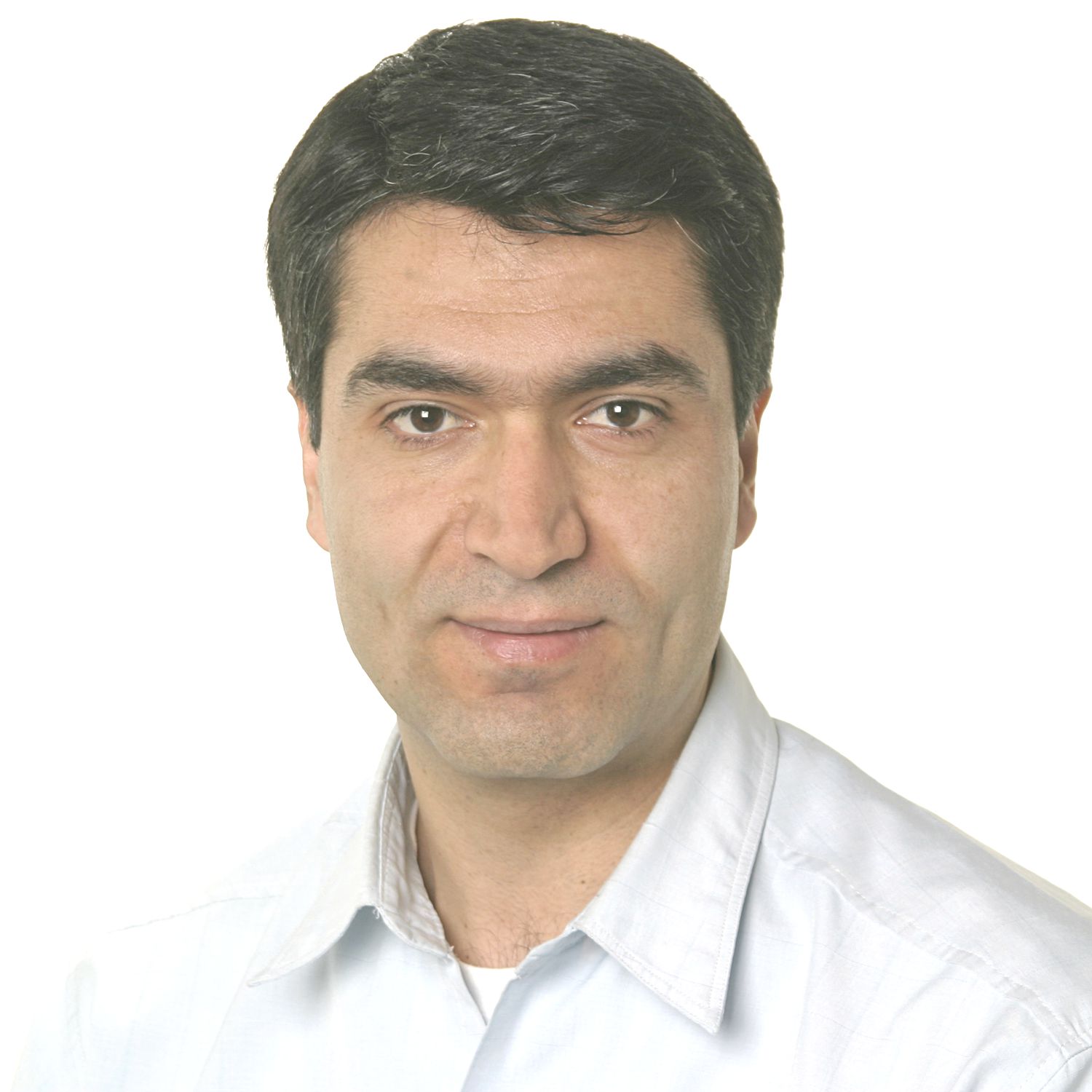
Dr. Ali Moghiseh
Department Image Processing
Fraunhofer Institute for Industrial Mathematics (ITWM)
email: ali.moghiseh@itwm.fraunhofer.de
tel: +49(0)631/31600 4467
„Quantum computing holds the potential to transform our future in profound ways. At the forefront of this revolution, we are pioneering hybrid classical-quantum machine learning techniques to tackle complex, real-world challenges in image processing. By harnessing the strengths of both classical and quantum computing, we are developing and exploring innovative methods to solve these problems more efficiently and effectively.“
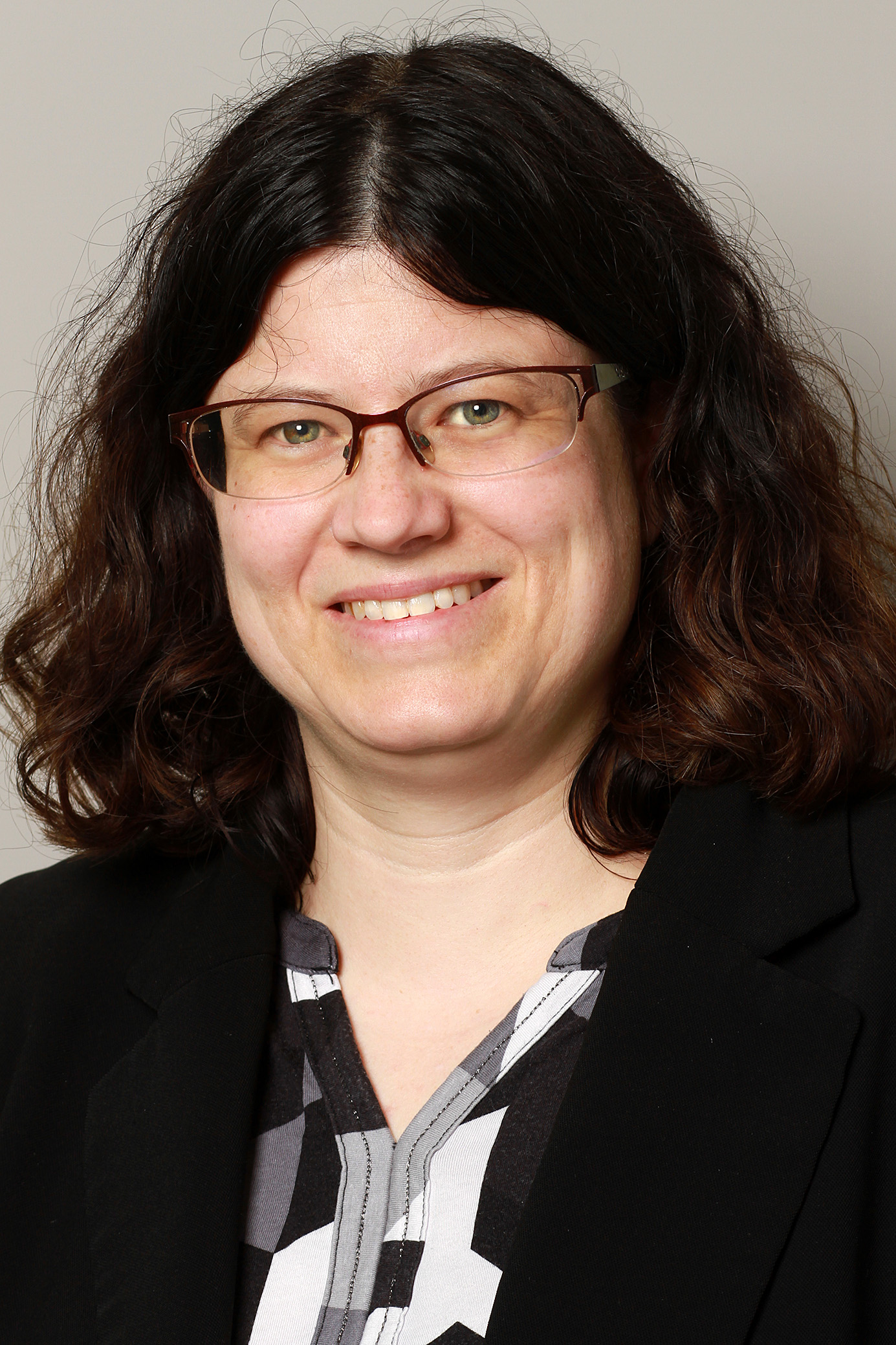
Prof. Dr. Elke Neu-Ruffing
Experimental Physics
RPTU Kaiserslautern-Landau,
email: nruffing@rptu.detel: +49(0)631/205 5788
web: https://physik.rptu.de/ags/neu-ruffing
„We explore point defects in crystals as novel quantum sensors. Via using such atomically-small sensors, we open up new routes towards investigating nanoscale phenomena e.g. in magnetism. We also work on building the optimal nanoscale environment around our sensor, e.g. via nanophotonic structures guiding light.“
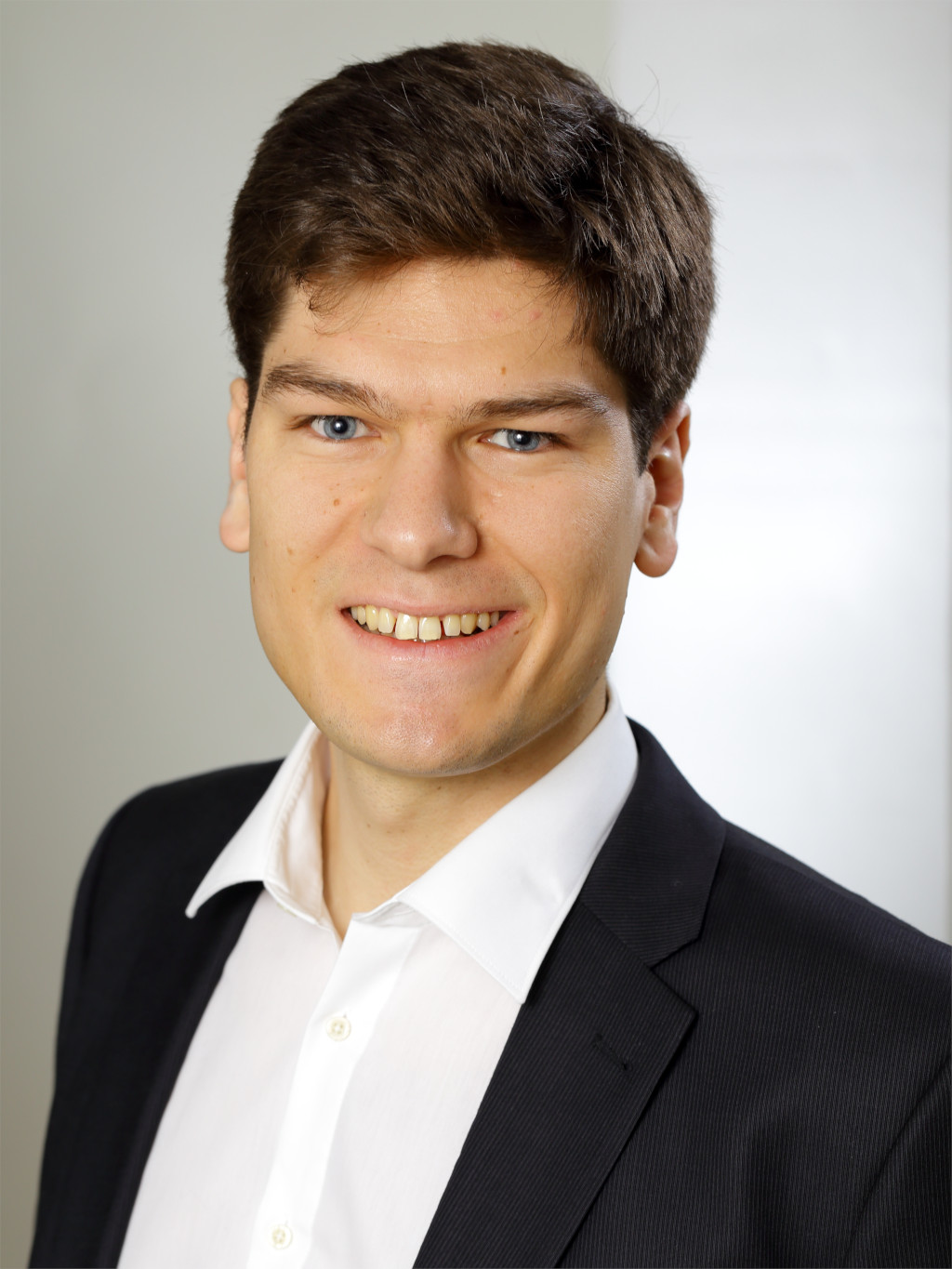
Dr. Thomas Niederprüm
Experimental Physics
RPTU Kaiserslautern-Landau
email: t.niederpruem@rptu.detel: +49(0)631/205 4307
web: https://physik.rptu.de/ags/ott
„We investigate the fundamental processes of long-range interacting quantum systems in ultracold quantum gases and tweezer arrays and bring them to application in quantum computing and sensing. To make the most of the valuable quantum resources, we optimize their interfacing and integration into classical computing environments.“
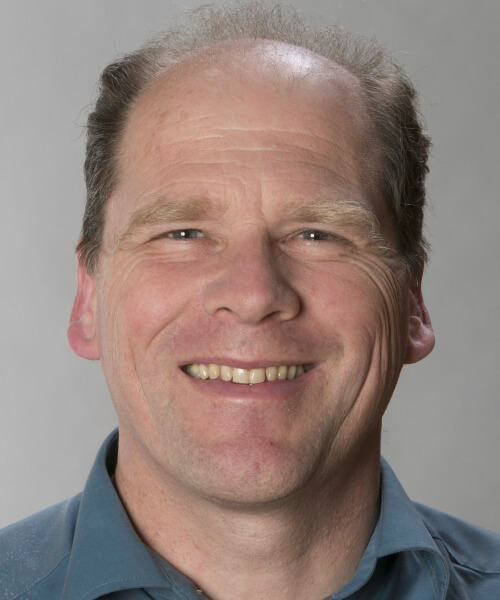
Prof. Dr. Ferdinand Schmidt-Kaler
Institut für Physik und Helmholz Institut Mainz
Johannes Gutenberg Universität Mainz
email: fsk@uni-mainz.detel: +49 6131 39 23998
web: https://www.quantenbit.physik.uni-mainz.de/members-of-ag-schmidt-kaler/
„We build quantum computers where trapped ion are the qubits. This endevour goes well bejond a typical setup in experimental physics, but includes modern fabrication techniques, control optics and electronics, software, compilers and user interfaces. With the present small scale device we already investigate applications e.g. in quantum chemestry, high-energy physics, quantum error-correction and machine learning. Eventually we will provide access to a 50 to 100 qubit device.“
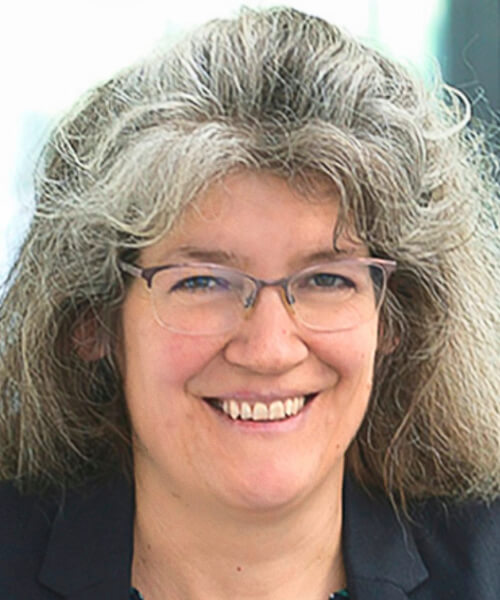
Prof. Dr. Anita Schöbel
Director of the Fraunhofer Institute for Industrial Mathematics ITWM
email: anita.schoebel@itwm.fraunhofer.detel: +49(0)631/31600-1002
web: www.itwm.fraunhofer.de/cv-schoebel
„Quantum Computing is said to be a game changer for algorithms in the future. In our work we design and test quantum algorithms for applied problems to understand for which applications Quantum Computing is useful and which obstacles still need to be overcome.“
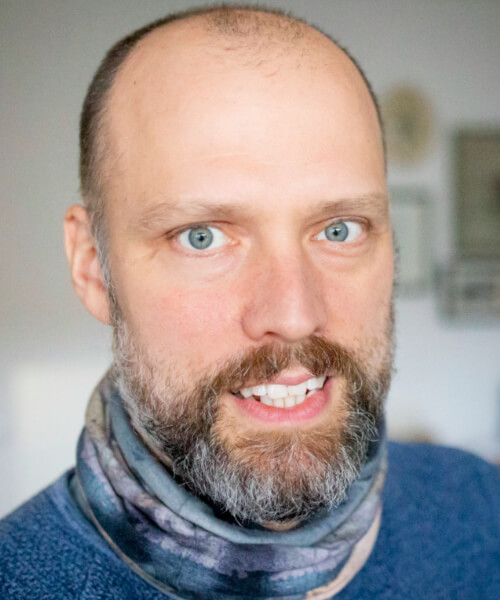
Dr. Arne Wickenbrock
Experimental Physics
Johannes Gutenberg University Mainz / Helmholtz Institut Mainz
email: wickenbr@uni-mainz.detel: +49(0)6131/39 29636
web: https://budker.uni-mainz.de/
„We are developing high sensitivity quantum sensors based on hot atomic vapors and color centers in diamond and bring them into a variety of applications. These range from fundamental physics searches for standard model extensions over industrial application like gyroscopy or conductivity measurements to new diagnostic tools for medical diagnostics.“
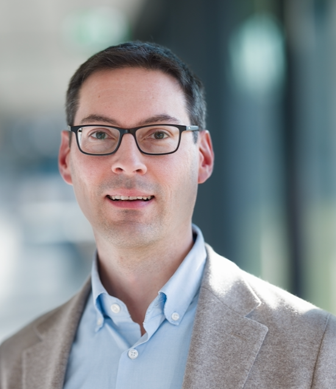
Prof. Dr. Artur Widera
Experimental Physics
Individual Quantum Systems
RPTU Kaiserslautern-Landau
email: widera@rptu.detel: +49 (0)631/205-4130
web: https://physik.rptu.de/ags/widera
"We control and engineer quantum phenomena at the level of individual quantum systems. Using single neutral atoms, ultracold quantum gases, and solid state systems, we gain new insight and develop novel concepts and approaches to quantum sensing and thermometry, quantum simulation, and quantum computation."
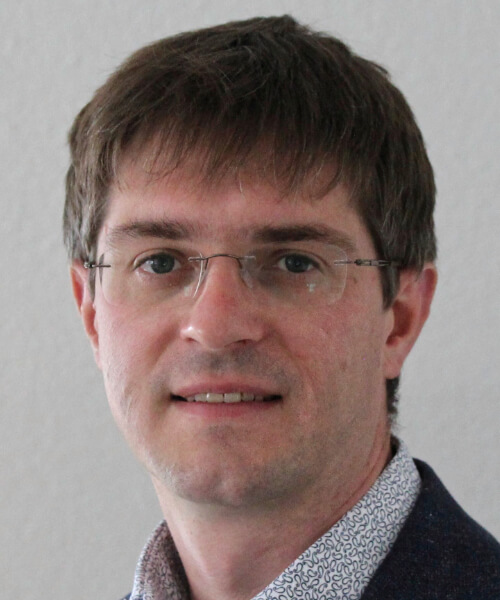
Prof. Dr. Patrick Windpassinger
Experimental Physics
Johannes Gutenberg University Mainz / Helmholtz Institut Mainz
email: windpass@uni-mainz.detel: +49 (0)6131 39-20202
web: https://www.qoqi.physik.uni-mainz.de/
"Wir erforschen und bauen Lasersysteme für Quantensensoranwendungen im Weltraum und in der Schwerelosigkeit im Allgemeinen. Diese hochstabilen Geräte können auch für viele andere Anwendungen der Quantentechnologien im Allgemeinen eingesetzt werden."
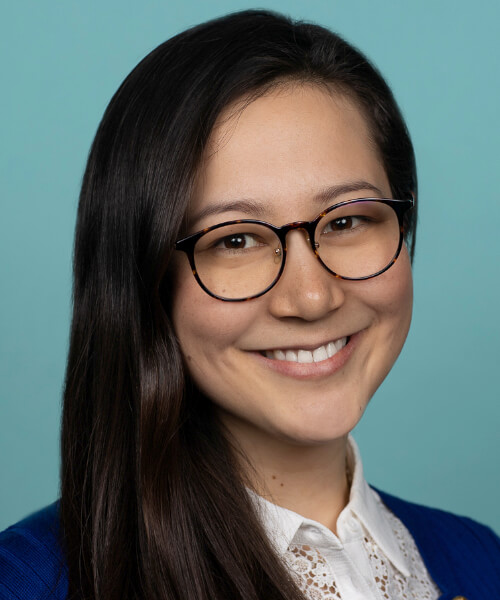
Angela Wittmann
Experimental Physics
Johannes Gutenberg University Mainz
email: a.wittmann@uni-mainz.detel: +49 6131 39-24895
web: https://wittmann-lab.uni-mainz.de//
"We explore spin and its interplay with chirality in magnetic and molecular systems using quantum sensors with the ultimate goal of developing innovative functional quantum materials with potential future applications in technology and sensing."